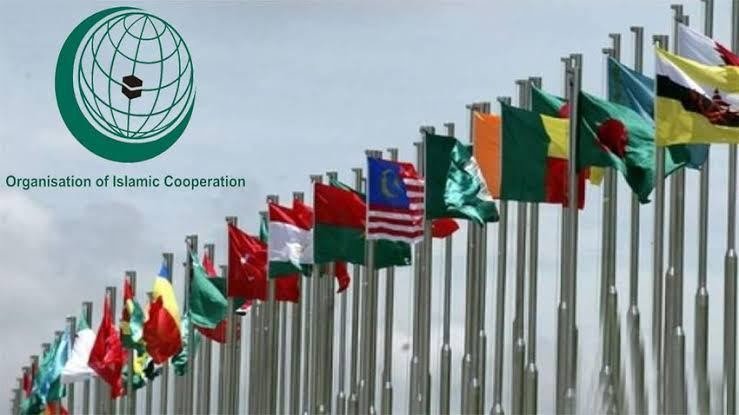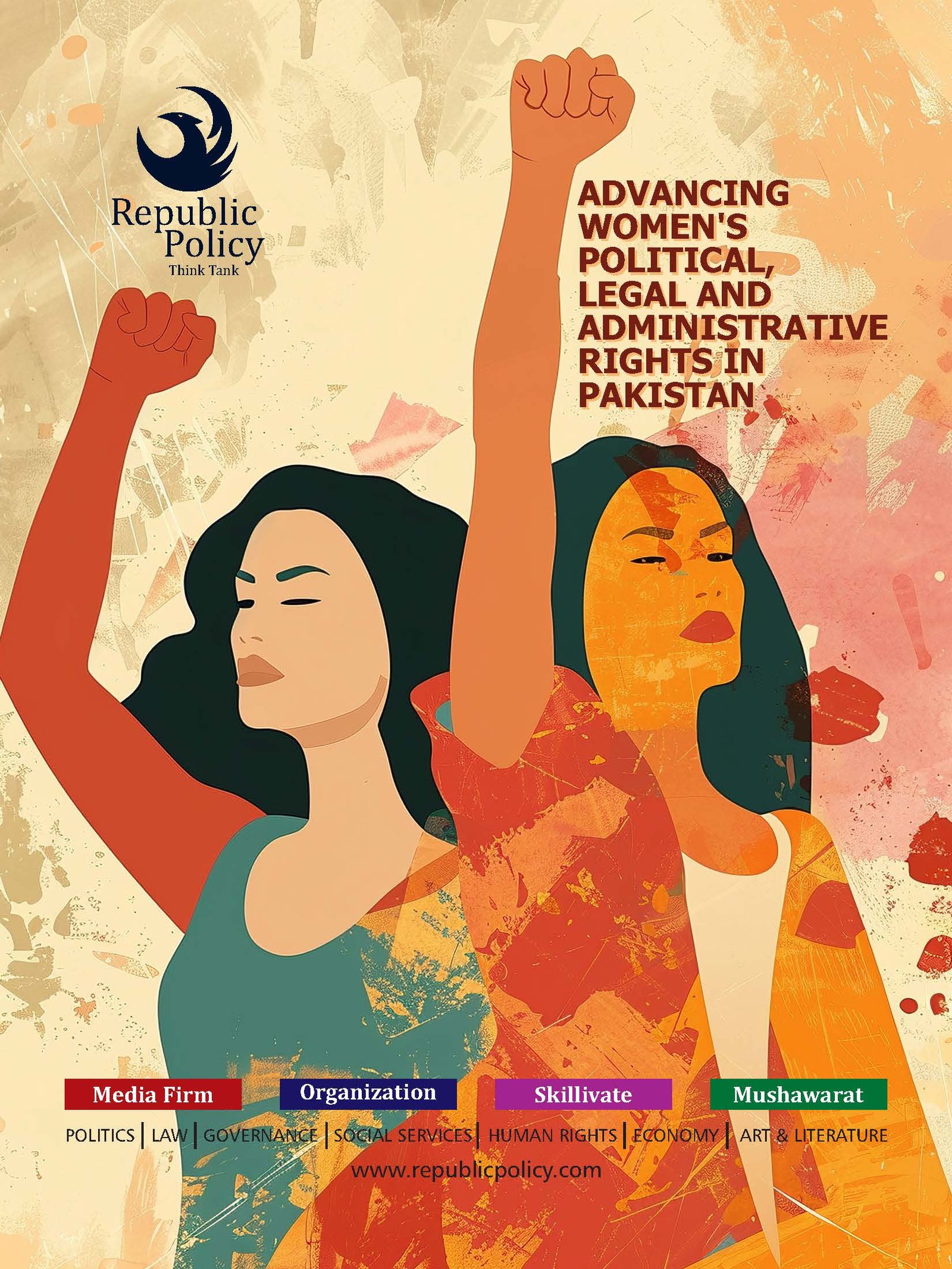By Barrister Ahmed Qazi
The federal parliamentary scheme of the Constitution of Pakistan is a system of government that is based on the principles of federalism, parliamentary democracy, and constitutionalism. It establishes a federal structure of government, with powers divided between the central government and the provinces. The Constitution of Pakistan was adopted in 1973 and has been amended several times since then.
Under the federal parliamentary scheme, the Parliament of Pakistan is the supreme legislative body, consisting of the President, the National Assembly, and the Senate. The National Assembly is the lower house of the Parliament, consisting of elected representatives from each of the 266 constituencies in Pakistan. The Senate is the upper house of the Parliament, consisting of representatives from each of the four provinces & the federal capital. The President is the head of state and is elected by an electoral college comprising members of both houses of Parliament and the provincial assemblies.
The executive branch of government in Pakistan is headed by the Prime Minister, who is appointed by the President and is responsible to the National Assembly. The Prime Minister leads the Cabinet, which is responsible for implementing government policies and managing the affairs of state.
The judiciary in Pakistan is independent of the executive and legislative branches of government and is responsible for interpreting the Constitution and enforcing its provisions. The Supreme Court of Pakistan is the highest court in the country and has the power of judicial review, which allows it to strike down laws and executive actions that are inconsistent with the Constitution.
To implement the Constitution of Pakistan, a number of strategies should be deployed. First and foremost, there needs to be a commitment to upholding the principles and values enshrined in the Constitution. This requires a culture of respect for the rule of law and a willingness to hold those in power accountable for their actions.
The legislature, executive, and judiciary all have a role to play in implementing the Constitution in Pakistan. The legislature is responsible for enacting laws that are consistent with the Constitution and for overseeing the actions of the executive branch of government. The executive is responsible for implementing government policies and ensuring that they are consistent with the Constitution. The judiciary is responsible for interpreting the Constitution and enforcing its provisions, including protecting the rights of citizens and holding those in power accountable for their actions.
To proceed with implementing the Constitution in Pakistan, the legislature needs to ensure that laws are consistent with the Constitution and that they are enacted through a transparent and inclusive process. The executive needs to ensure that government policies and actions are consistent with the Constitution and that they are implemented in a manner that respects the rights and dignity of citizens. The judiciary needs to be independent and impartial, and to be willing to hold those in power accountable for their actions.

Overall, implementing the Constitution of Pakistan requires a commitment to upholding its principles and values, as well as a willingness to work collaboratively across all branches of government to ensure that the rights and interests of citizens are protected and promoted.
















